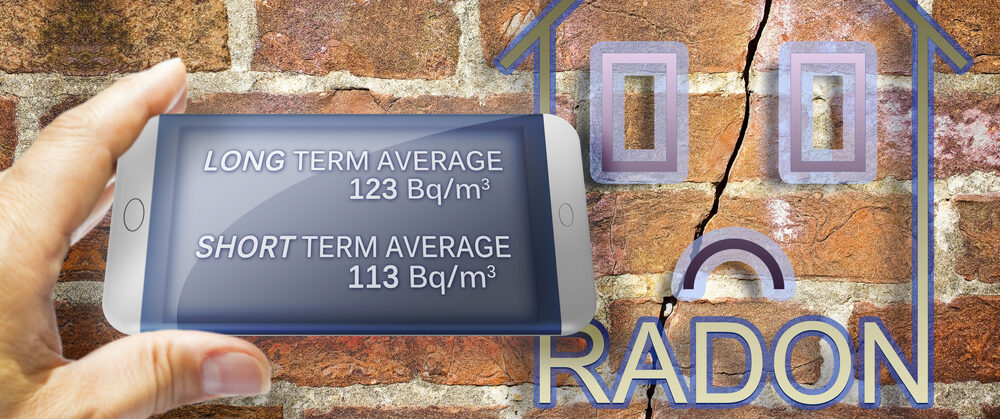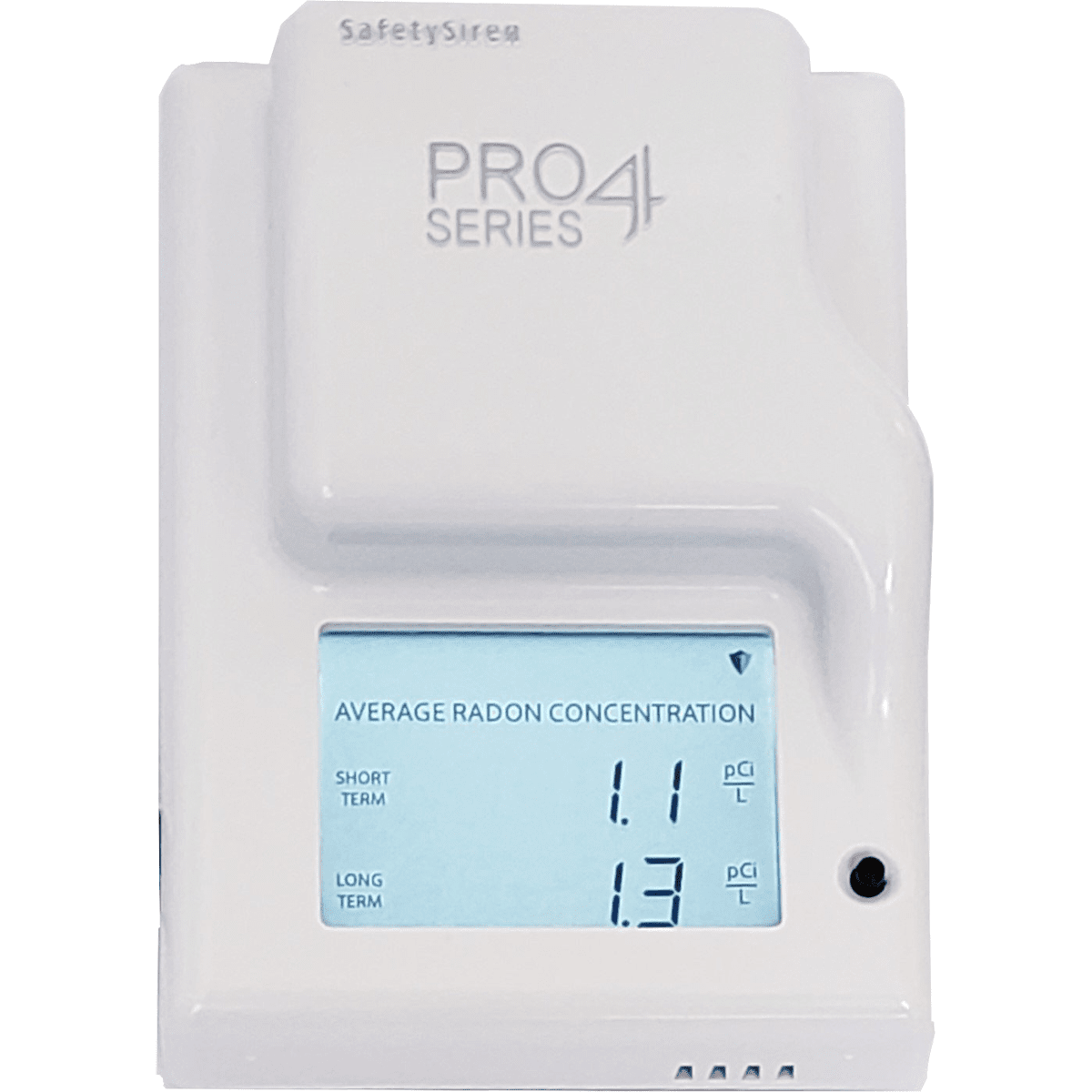Radon Gas

What Home Buyers and Sellers Need to Know About Radon
By Jayne Thompson
An invisible gas may by slowing your home transaction down. You can't smell it or taste it, and you can't predict which type of home will have it. New or old homes, insulated or drafty, second floor or in the basement -- an astonishing 1 out of every 15 homes is affected. It's called radon, and its presence in your home may be compromising your safety.
To safeguard the family, buyers and sellers need to be educated about the risks of radon. Here's everything you need to know about this pervasive gas, plus some low-cost and proactive steps you can take to protect your home.
What is radon?
Radon is a naturally occurring byproduct of uranium. It is released into the atmosphere whenever uranium in the earth breaks down. The gas is drawn into homes through cracks and openings, such as foundation cracks and sump pumps.
Scientists have known about radon and its effect on humans for many years. However, it was not until the late 1970s that concentrations of radon were first discovered in homes.
Until then, homes were poorly insulated and radon could freely escape through windows, walls, roofs and other cavities. Modern insulation materials have helped to keep our homes warm and our energy bills down, but they also prevent radon gases escaping.
Unfortunately, high levels of radon can cause serious health problems in some people.
How does radon affect humans?
Radon is a known carcinogen. Studies show a definitive connection between radon exposure and lung cancer. According to the Environmental Protection Agency (EPA), radon is responsible for around 20,000 deaths in the United States each year.
How do I know if my home has radon?
Because radon is colorless and odorless, if it's present in your home, you will not know it unless you use specialist detection equipment. Since most homes are affected by radon to some degree, it is recommended that every homeowner carries out tests using a continuous readout air monitor.
This measures the level of radon in the home over a period of time, usually two to seven days. Since radon levels fluctuate, measuring the radon level over several days gives a more accurate reading.
You can hire a specialist company to test your home or do it yourself with a test kit. Many of the larger home improvement stores sell test kits; you can also order one from the National Safety Council.
How much radon is too much radon?
Because radon is a naturally occurring gas, it is found almost everywhere. It is rare that no radon is found when a home is tested. Radon only becomes a problem when the concentration exceeds the safe legal limit for residential homes. About 6 percent of all homes fall into this category.
The concentration of radon in homes is measured in picocuries per liter of air (named for physicist Pierre Curie by his widow, Marie, who pioneered radiation research). One curie is the amount of radiation given off by one gram of radium. One picocurie is equal to one-trillionth of a curie.
The EPA has set a safe limit of four picocuries per liter (4pCi/L). If test results detect radon levels of 4pCi/L or higher, then corrective action should be taken to reduce the concentration to a safe level.
How can I reduce the radon levels in my home?
The good news is, radon is relatively easy to reduce. Even if high levels of radon are found in your home, it is possible to dramatically cut the concentration and bring your radon test results to within acceptable levels.
Remediation usually involves installing some sort of sump, fan, sealant system or under-floor ventilation.
Depending on where you live, variables such as the climate, type of foundation, the construction materials and the type of appliances used in your home will influence the remediation options. Homeowners should contact a professional radon mitigation contractor for specialist advice.
What if I am buying a home?
The EPA recommends that all home buyers test the radon levels in their new home as part of their due diligence. Radon is an unpredictable gas. Homes that are next to each other may experience different radon levels, so don't rely on another property's readings to estimate the radon levels in the home.
If the seller has already done a test, check that it was prepared by a qualified radon professional before accepting the test result. You should also ascertain where in the home the reading was taken. Readings from the second floor or above may reveal a lower concentration of radon than measurements taken at ground level.
Can I sell a home with radon?
You can try to sell a home with radon, but health-conscious buyers are likely to avoid properties with unresolved radon issues. Sellers are advised to consider radon testing and mitigation as an essential part of preparing their home for sale. This can prevent any future roadblocks or 11th-hour price negotiations.
If you have already carried out a radon test, you almost certainly will have to provide the test results to the buyer. Most states have disclosure laws that require sellers to disclose any knowledge they have of radon concentrations in the home, as well as the most current reports relating to radon testing or mitigation work.
Sellers are not required to have the home tested before it is sold, but the existence of the disclosure will surely alert a buyer to the potential problems associated with radon and prompt them to request an indoor radon test.
How much does radon mitigation cost?
Radon mitigation systems usually cost between $800 and $1,500, depending on the house and its location. You may choose to pay more for an aesthetically pleasing system that does not impact the home's external or internal appearance. Speak to your real estate agent about the best solution for your particular home.
You would be wise to test any house you hope to sell or make your home. With radon test results in hand, the seller and buyer can both come to the bargaining table, educated and ready to negotiate.
Testing
Safety Siren Pro Series4 Radon Gas Detector
With digital display and additional operating options, this Radon detector is working 24/7/365 to help protect you and your family.
More Info >>




